I’ve had the great honour of walking alongside some people I never thought I would get to know. These are members of the homeless or precariously housed community in our small town of Kenora, Ontario. The total population of our town is around 15,000 but balloons to over 40,000 during the summer tourist season. Nearly a quarter of Kenora’s year-round population is Indigenous, according to the 2021 census.
The number of people sleeping on our streets or making their way to the emergency shelter at night is disproportionately high for our small population – around 120 or more every night.
We are in a region that had several Indian Residential Schools, which along with some of the lasting impacts of colonization, has left a legacy on the generations of Indigenous residents who were directly or indirectly affected. Sadly, it’s these survivors you often see living on the streets of Kenora. When you consider the losses they’ve endured, it’s not surprising so many are struggling with addictions and mental health issues related to their trauma.
It was a few years ago, when I first sat in a circle with people experiencing homelessness. Winter was settling in, and we were gathered around a sacred fire, “Ishkode”, which would burn for four days. Organized by Indigenous Elders and members from a grassroots Coalition I had recently joined, called Kenora Moving Forward, the intention was to bring homelessness out of the shadows as temperatures began to drop.
There was definitely a chill in the air.

On those four days, one of our jobs as helpers was to listen. I was grateful for the obscurity of my COVID mask hiding how anxious I was for the comfort of home. The stories I heard told chilling tales of shame, loss, and regret. But also, surprising to me, survival, love, and hope.
My curiosity was piqued, when I learned that many were planning to spend the night there, out in the cold, rather than at the overnight shelter. When I asked why, one young woman said, “It’s warmer here.”
She gestured around the circle, “This is my family. I feel at home here.”
Appreciation for “being seen” came up over and over.
Many people from town dropped by with blankets and food. Some drove away quickly. But many, like me, stepped tentatively into the circle. Being welcome in the company of so many good people who allowed us to hear their stories, was unforgettable.
The idea of “being seen” stuck with me and I wondered what more I could do.
I turned to my new friend, Chantel Demelo, a vocal advocate for Kenora’s street population because she has lived on the streets herself. When I first met Chantel, I was immediately struck by the fierceness of her passion to speak up for those who didn’t have a voice. Chantel is in recovery, having spent time on the streets of Winnipeg, a much larger city, while suffering from her addiction. There, she got by cleaning up trash and beer bottles in back lanes.
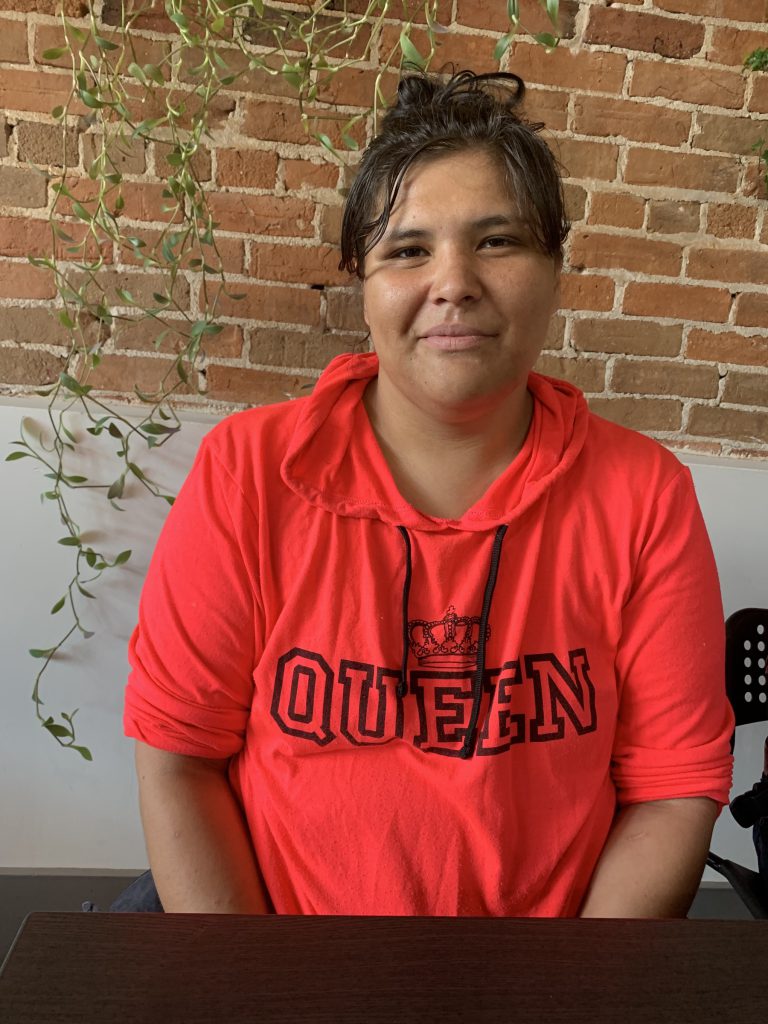
She says the stigma is the hardest to overcome.
“When you’re once seen as an addict, you’re always seen as an addict.”
She suffered sexual abuse while on the streets, which she says is largely ignored. “When it came to serious issues, no one would listen to my side of the story, just figured ‘she’s out of her mind, and can’t be helped.’
Things get overlooked. There’s always that feeling of being unsafe and not being heard or seen.”
This, she says, happens to a lot of people on the streets, who turn to drugs to ease the pain that lifestyle and being constantly othered delivers. “It’s heartbreaking, and people go missing.”
Chantel eventually did find help for her addiction and is now housed in Kenora with her partner and young children. She’s determined to try and make a difference.
Her answer to the “madness” as she describes it, is to sit and listen and have conversations with those who are struggling.
“When people are under the influence of substances, they need someone with them. They need to be seen and heard.”
She adds that many people unintentionally say and do things that are especially harmful when someone is experiencing addiction or mental health issues like depression or trauma. “People need to be educated about mental abuse. You can create chaos or make it easier on an individual. Use your voice to do something positive.”
Chantel speaks from experience. “I knew I could change my life around when someone saw me for the human being I was. This was a caring, loving individual. It motivated me to do good. After that, it didn’t matter what people said to me. I knew who I was.
Now, I’m working on being sober because I know I can do great things.”
Chantel says she feels like she is “being seen” here in Kenora, through her work with individuals on the streets and groups like Kenora Moving Forward.
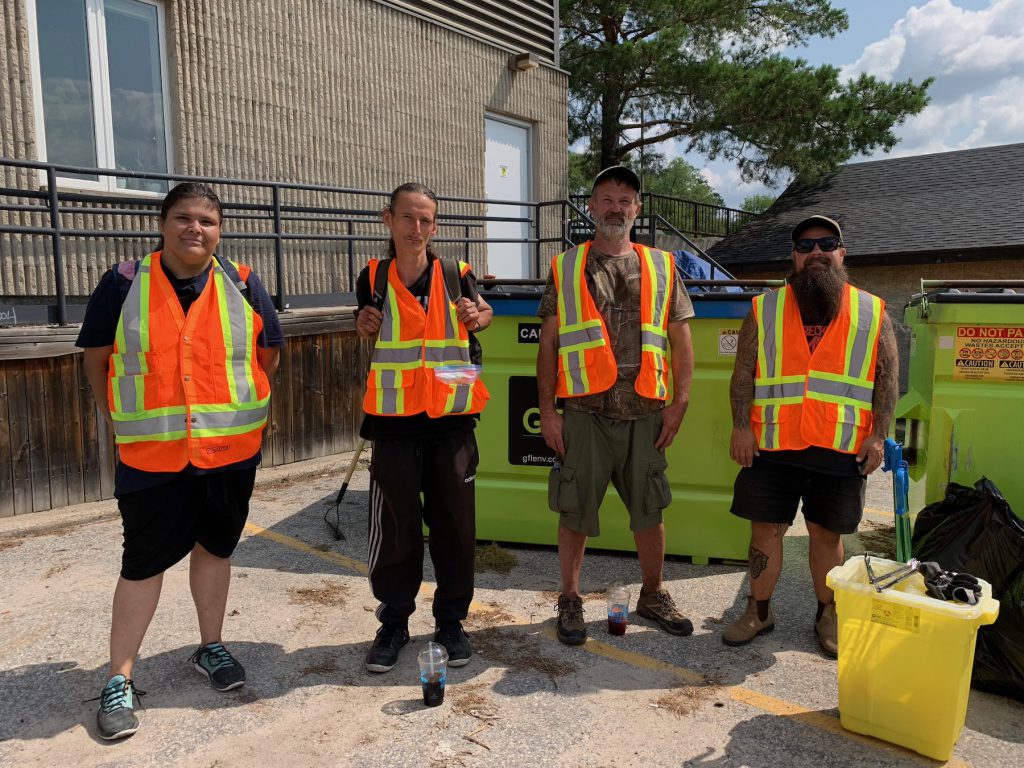
Having been in the “system” since she was a child, this is a refreshing change because people have now heard her side of the story.
“When someone appreciates your lived experience, it goes deep, that understanding of who you are, but also what you can become.”
Chantel affirms, “No one wakes up wanting to be an addict or a criminal. There’s always a back story, that can help us understand why people make the choices they make.
Sometimes people are just having a bad day. Sometimes that ends up with people doing bad things. People hear the negative stuff, and they become the person they’re being talked about; they become victims.”
Having someone finally believe in her is what changed everything for Chantel. “I began to see there’s more to life than that and started to look for ways to improve myself.”
Part of that included finding her spiritual path. “The word of the bible started opening my mind. I needed something to believe in.”
Now, Chantel believes in a better future for her and her family, which she says would never have been possible if there hadn’t been people willing to work with her and meet her where she was at.
“It was people willing to build a relationship with me, to gain my trust, and to guide me rather than just pushing things on me.”
While some people might have looked at her as an addict, others saw her as a human being.
“Acknowledging my humanity. That was beautiful and it made all the difference.
Now I can push myself to do better for myself, my family, and others.”
To my friend, I say Giwaabamin. “I see you”.
What you can do
There are things we can all do to close the gap between our understanding and engagement with people experiencing marginalization in many ways, including poverty, homelessness, racism, mental illness, trauma, and addiction:
- Reframe the narrative – Share why you think an exchange may be hurtful to some people. This is an opportunity for respectful dialogue. Give people the benefit of the doubt – they may not be aware of their own biases; speaking up as a bystander on what you observed, may help them become more aware.
- Educate: The better everyone understands the issues, the more they can avoid bias. Ask questions, especially of those who may experience racism, discrimination or implicit bias. Seek to understand their experiences.
- Be open to new, deeper ways of offering support: As you gain greater understanding, leverage that into providing supports that consider the unique challenges individuals with differences, including but not limited to race, class, or gender, often face. This may require an understanding of the impact of past trauma related to discrimination, persecution or violence.
Adapted with permission and gratitude from workplacestrategiesformentalhealth.com
Other ideas from working alongside the great volunteers like Chantel, staff, and those who benefit from the support and services of organizations like Kenora Moving Forward:
- Sit, listen and connect: You might be surprised what you discover when you sit and talk to someone in the community you might never thought you would. As Chantel said, everyone has a backstory for how an why they got where they are.
- Participate: Join a meeting, feast, ceremony, barbecue, maybe even a baseball game or other activity with the unhoused community to share ideas, experiences and find some common ground.
- Get the facts: This is another way to help change the narrative. Look beyond the often loudest voices – usually those with privilege – when issues occur and find out what really happened while seeking to understand the complexity of issues around homelessness, addiction and mental health that may be at play.
Always respond in a way that ensures that no harm will come to you or the individual who may be experiencing a crisis related to addiction, mental illness or trauma. That may include calling the local crisis response team or other first responders. Psychosis and how to help in a crisis provides general set of recommendations about how you can help someone who may be experiencing psychosis or a loss of touch with reality. Each individual is unique and it is important to tailor your support to that person’s needs.
I’m in a book about love
We are in a time that often feels ‘anti-love’. I’m honoured to be part of an anthology, entitled What is Love, that was born out of the shared stories of an international writing community. Together, we discovered that we all have love stories to tell as varied as we are as writers – and humans. You will be heartened and uplifted by the sometimes gritty, often tender truths of these narratives. You may see something of yourself in the universal stories we share. This collection of stories from a diverse, universal community of writers reminds us of love’s potential and power to turn hopelessness into hopefulness. Head on over to the website to get on the Early Supporters waitlist, to hear readings, and updates on how to get the book (I’ll have some for sale too): whatislovebook.org.
It was important to all of us that our words be used for good. All proceeds from the anthology are being donated to CAMFED, a pan-African non-profit revolutionizing education for girls.
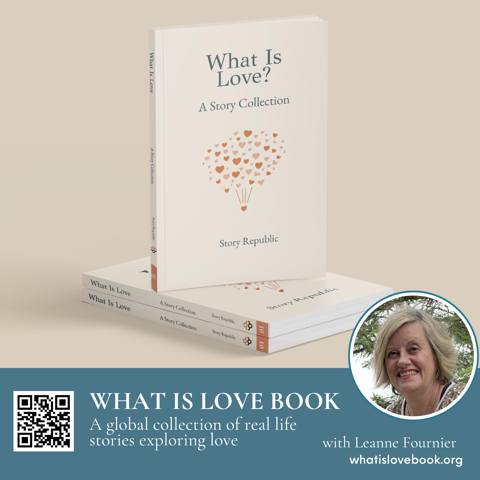

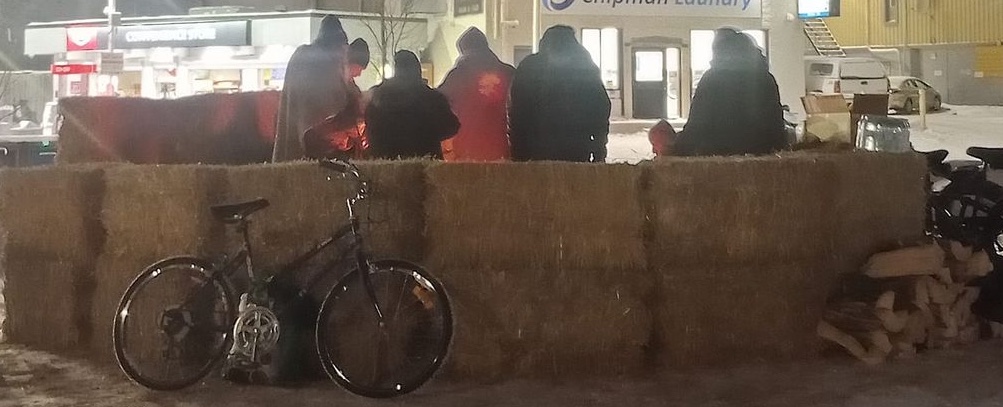
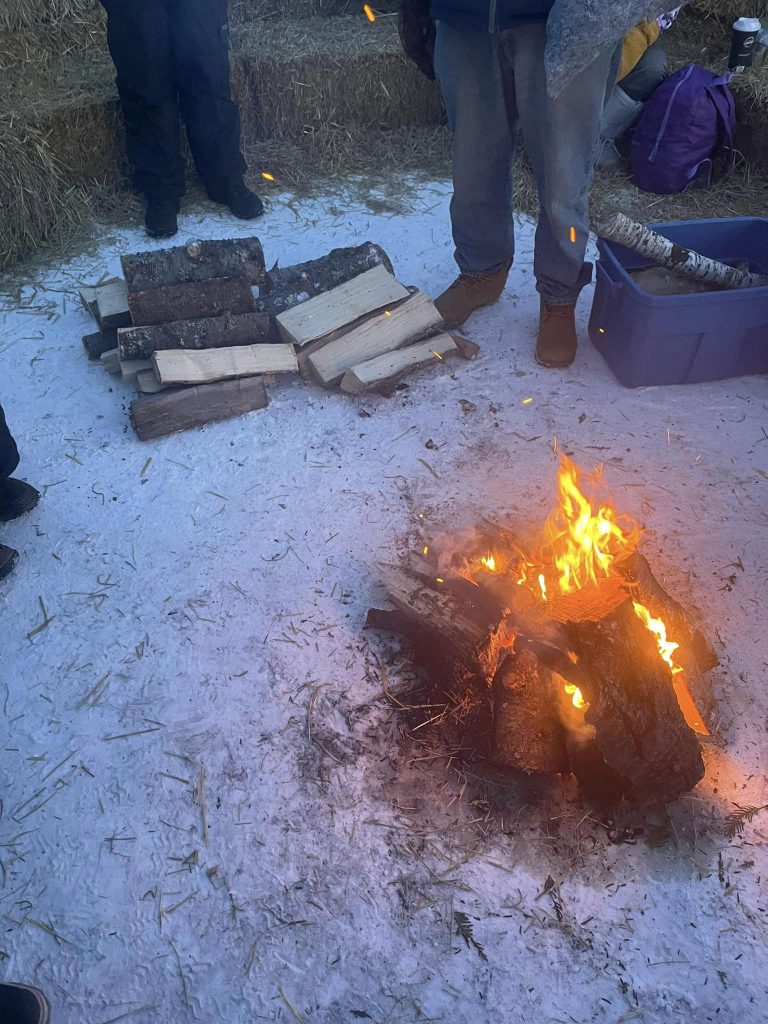
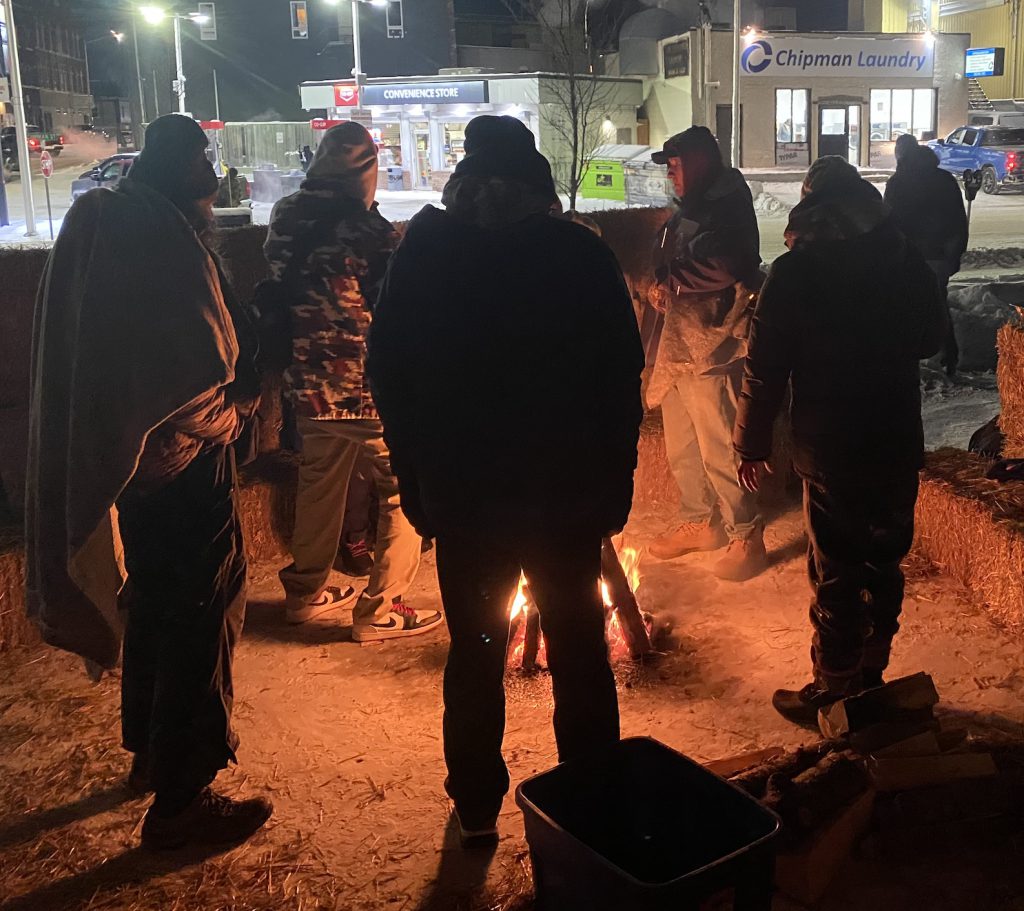
2 replies on “Giwaabamin – I see you”
Compassion and good advice , thanks Leanne
Thanks for your kinds words my friend.
Leanne